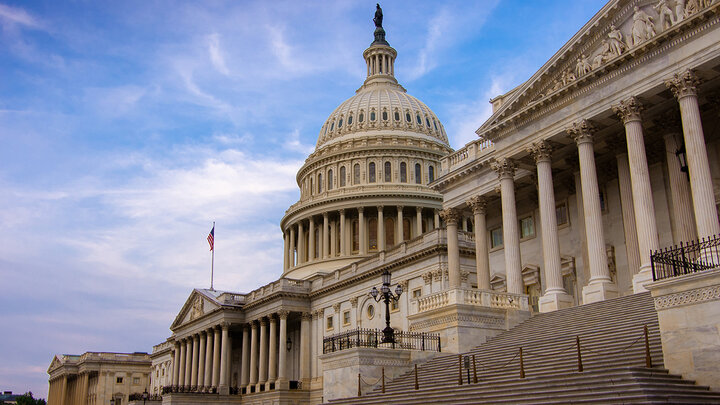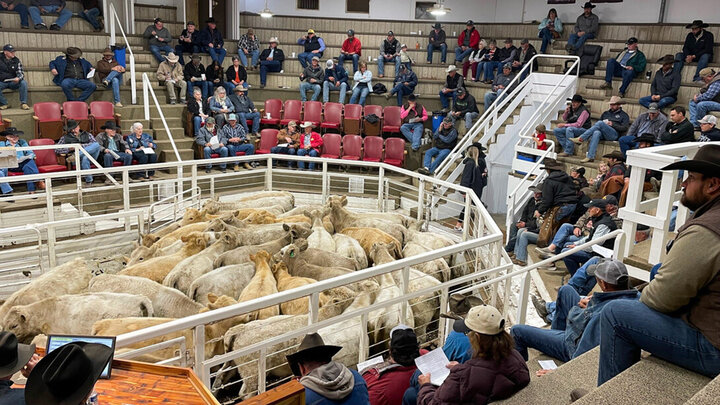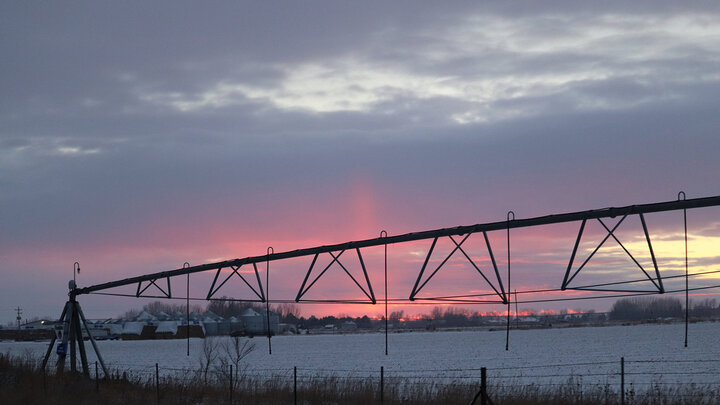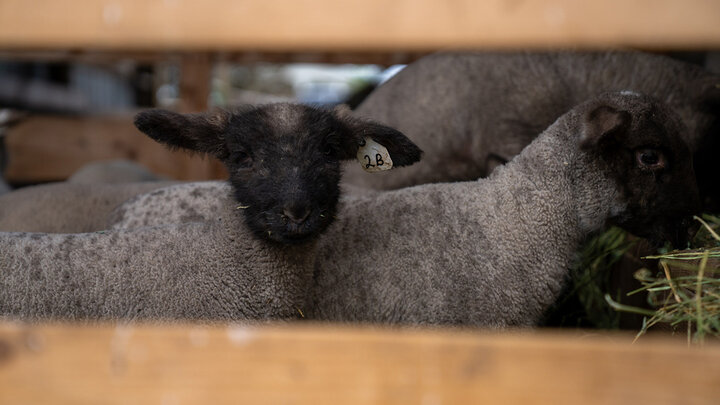A two-day workshop on managing risk with captive insurance strategies for agriculture will be hosted by the University of Nebraska-Lincoln’s Department of Agricultural Economics, Dec. 2–3, at Nebraska Innovation Campus in Lincoln, 2021 Transformation Drive.
The workshop, “Strategic Risk Financing in Agriculture: The Case for Captive Insurance,” will bring together producers, agribusiness leaders and service providers to explore how captives can be applied in farming and ranching operations.
Captive insurance companies are entirely owned by the businesses they insure. They are widely used in industries such as manufacturing, health care and transportation but remain relatively new to agriculture. The workshop will provide participants with a clearer understanding of how captives work, the questions to ask when considering them and how they may fit with existing risk management tools.
“We want to help producers and their advisors separate fact from fiction when it comes to captives,” said Cory Walters, associate professor in the Department of Agricultural Economics. “These insurance structures are not for everyone, but they may provide opportunities for some operations to cover risks that traditional policies don’t address well.”
Insurance captives for farm and ranch businesses can provide benefits such as enhanced risk coverage, cost management, potential financial returns and untaxed premium reserves, according to Walters. They should not replace underlying insurance policies but instead add a customized layer of insurance on top of what’s already in place.
“For example, a farmer might hold a revenue protection crop insurance policy at 70% coverage but wants more,” Walters said. “Instead of buying county-based products like SCO or ECO, which may not match their own yield risk, they could form a captive to cover losses. The farm retains its original policy, but now also pays premiums into its own captive company to insure that gap.”
The workshop agenda includes sessions on current insurance market trends, alternative insurance capital, the history and scope of the captive market, captive solutions for agriculture, questions to ask a captive manager and governance and tax considerations. Panel discussions will cover insights from producers who have formed captives and dialog between captive insurance experts and producers who have and are forming captives. The workshop will close with a session on long-term risk management strategy.
Registration is $240 for farmers and ranchers and $440 for others. There is a 20% early-bird discount that will apply for registrations before Nov. 18. The registration form and more details are available at agecon.unl.edu/captives.




